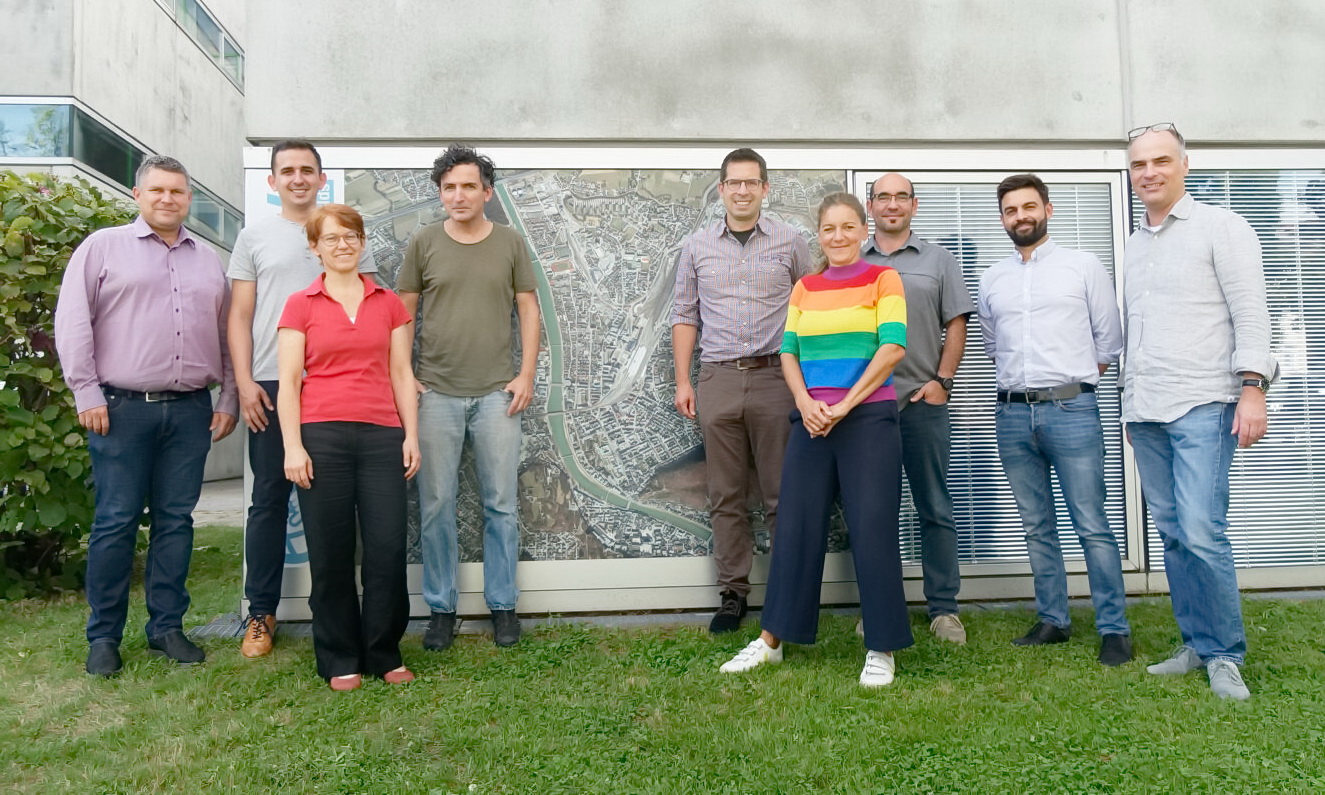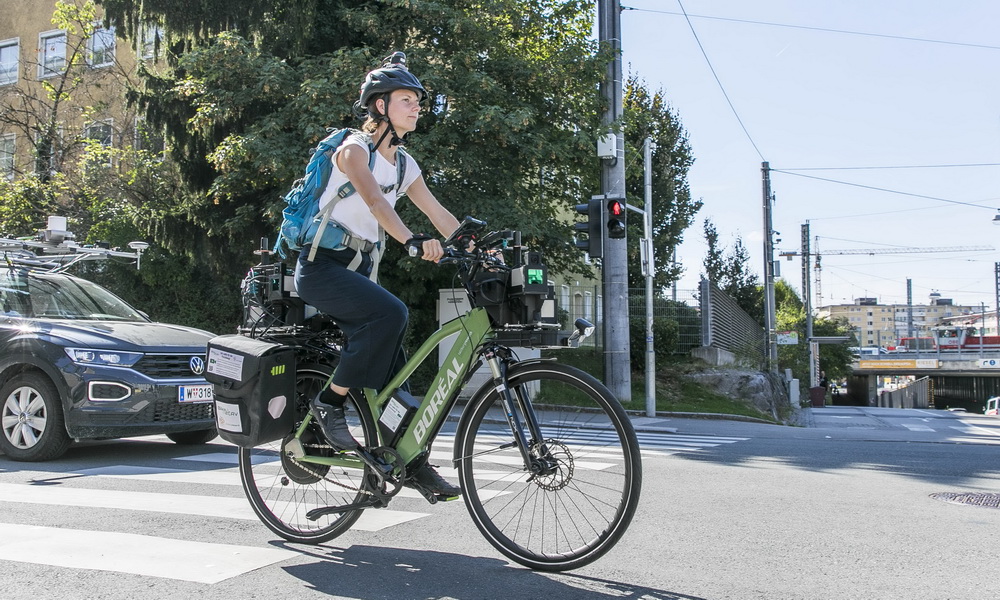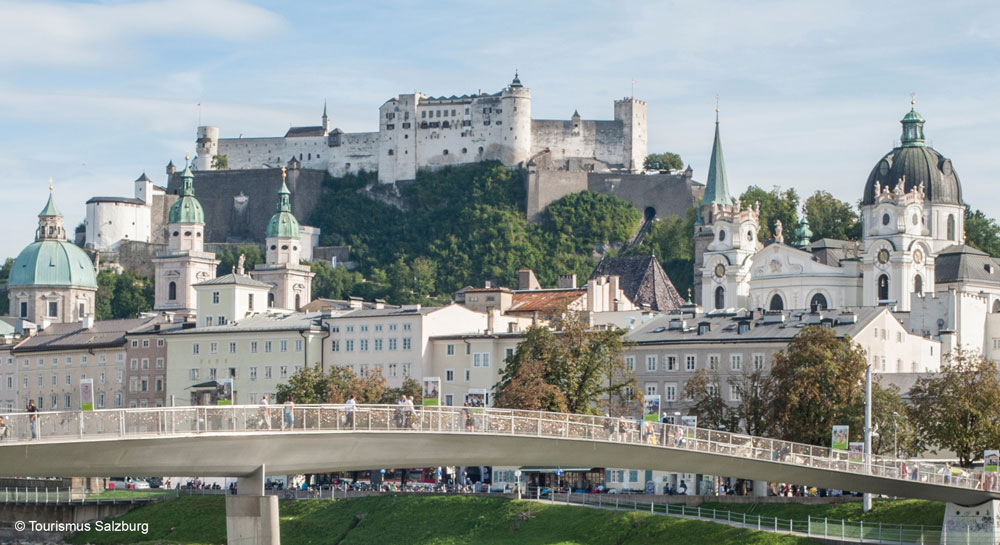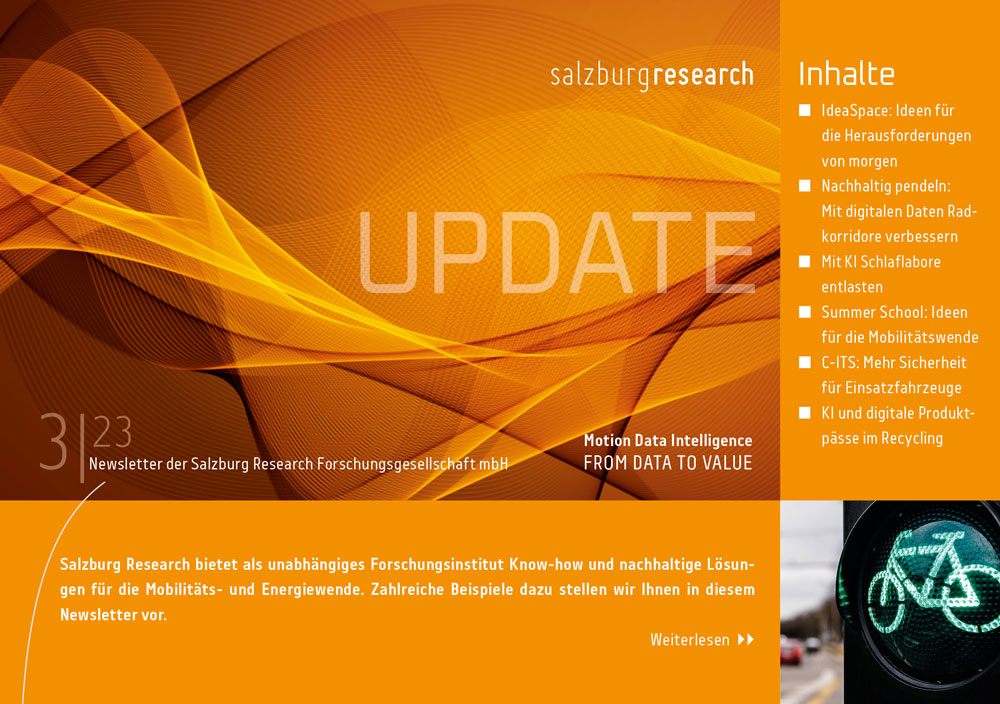
Mobility Observatory Austria supports transport planning
Transport planning faces the challenge of meeting mobility needs on the one hand and minimising the ecological, social and economic impacts of transport on the other. A group of experts is now investigating the contribution of mobility data and how they can be brought together for situation pictures of mobility in Austria.
Comprehensive mobility surveys have only been conducted every 10 years or so. Travel times or the choice of means of transport, for example, are determined. Other important data sources are traffic cameras, fuel consumption or mobile phone data. However, these data only represent a part of mobility. There is still little data material on walking or bicycle mobility.
Comprehensive picture of mobility in Austria as a basis for transport policy decisions
The goal of science is to combine existing data and create a comprehensive picture of the entire mobility scene in Austria. Whether this is possible and what is needed for this is discussed in the KOMOA concept study. Among other things, access to the data and the legal framework must be clarified. The scientists will develop the basis on which transport policy decisions can be made. The data should provide objective information on where, for example, the extension of a cycle path really makes sense or what happens when sections of roads are closed to motorised individual traffic and converted into cycle paths.
The Austrian Ministry for Climate Action (BMK) commissioned Paris Lodron University Salzburg together with Salzburg Research and four other institutions to prepare a concept study for a Mobility Observatory Austria (KOMOA).
“We want to move away from selective to continuous monitoring of mobility, as only then can dynamic changes be recorded and measures evaluated for their effects.”
Dr Florian Aschauer from BMK, who supports KOMOA on behalf of the client.

Mobility observatory for the design of a sustainable mobility system
In observatories, data is not only collected selectively, but continuously over a long period of time and embedded in a context. The information obtained in this way can be used, among other things, to draw conclusions about previously unknown relationships and phenomena. The Mobility Observatory Austria has the task of transferring the collected data to personal mobility and to use it as a basis for designing a sustainable mobility system.
In the coming months, data will be collected, compared with the actual needs of the actors and evaluated in a series of workshops and interviews. Salzburg Research will mainly focus on the quality assessment of potential data in a Mobility Observatory. The insights gained in this process will flow into the creation of a concept for the establishment of a Mobility Observatory Austria. The results are expected in summer 2023. The concept study will be published by the client in autumn 2023.
KOMOA is funded by the Federal Ministry Republic of Austria for Climate Action, Environment, Energy, Mobility, Innovation and Technology (BMK) as part of the “Mobility of the Future” programme.








